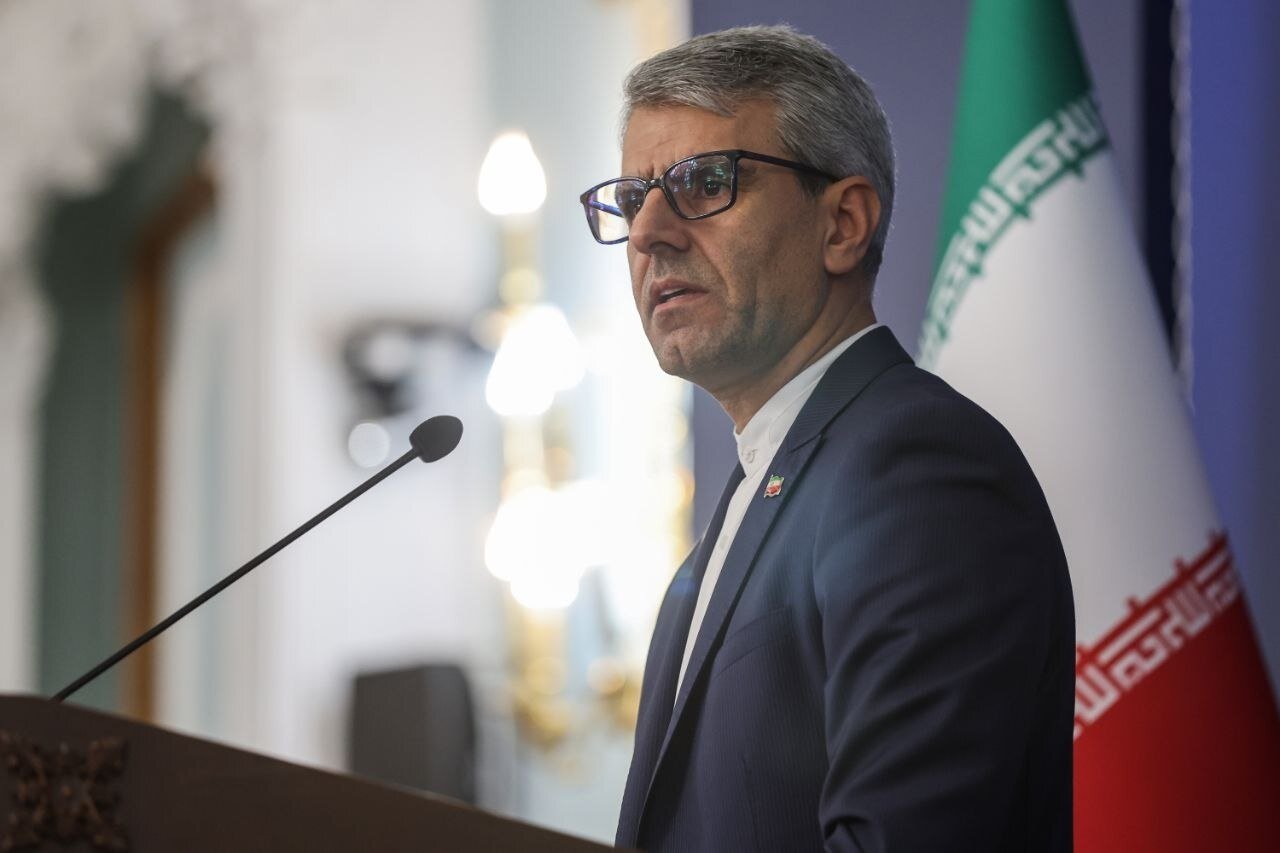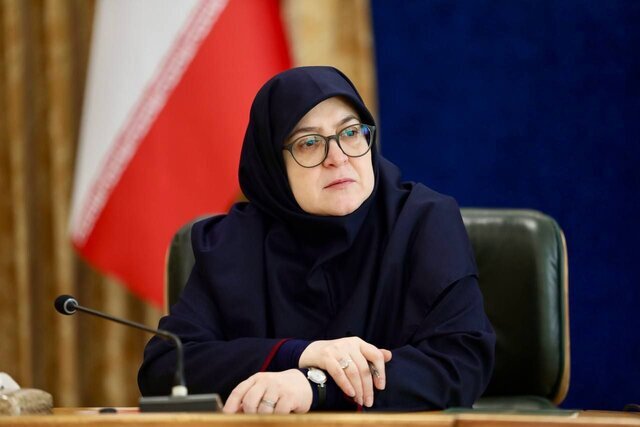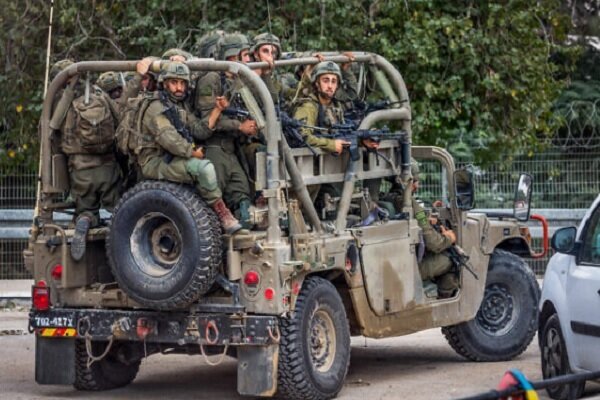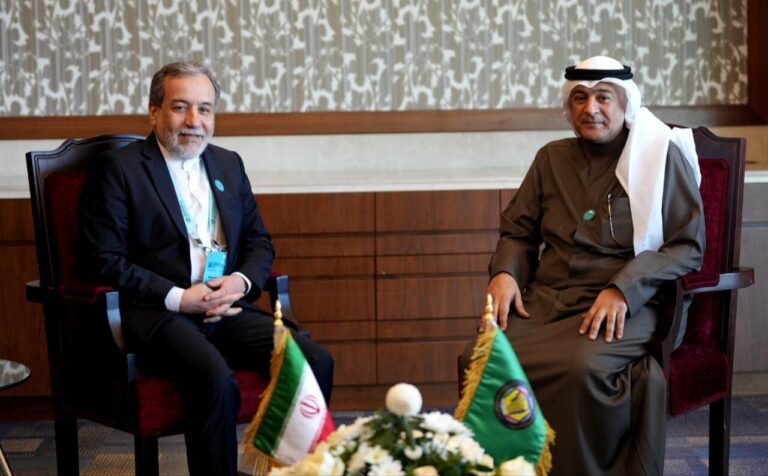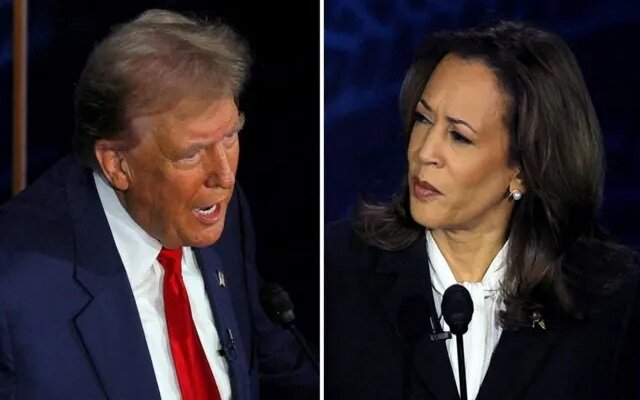Venue for Upcoming Iran-US Talks Remains Unsettled: Key Details Under Discussion
In a significant development concerning Iran-U.S. relations, indirect negotiations are currently taking place, hosted by Oman, as confirmed by Foreign Ministry spokesman Esmaeil Baghaei. This ongoing dialogue is crucial for understanding the complexities of diplomatic interactions between the two nations.
Baghaei’s remarks shed light on the status of these negotiations, indicating that they remain indirect. He stated, “We are still holding the talks indirectly and with Oman as the host.” This highlights Oman’s pivotal role in facilitating discussions, which have been a topic of interest for political analysts and the international community alike.
As the talks progress, the location for future discussions remains uncertain. Baghaei noted, “As for whether the next round of talks will be held in Oman or another location, discussions are ongoing.” This statement underscores the fluidity of the situation and the potential for changes in venue as negotiations evolve.
Despite uncertainties regarding the exact location of the next round of talks, Baghaei emphasized the importance of Oman’s role in the mediation process. He asserted, “What matters is that Oman will continue its mediating responsibilities.” This commitment ensures that Oman will act as a reliable intermediary, fostering a conducive environment for dialogue.
To better understand the significance of these negotiations, consider the following key points:
- Indirect Negotiations: The talks between Iran and the U.S. are not direct, indicating a complex diplomatic relationship.
- Oman’s Role: Oman has been chosen as the host for these discussions, highlighting its strategic position in Middle Eastern diplomacy.
- Future Locations: Discussions are ongoing about where future negotiations will take place, showcasing the dynamic nature of international diplomacy.
- Mediation Responsibilities: Oman’s commitment to mediating the talks suggests a long-term involvement in facilitating dialogue between Iran and the U.S.
The indirect nature of these talks is noteworthy, as it reflects the cautious approach both nations are taking in their diplomatic engagement. While direct negotiations may offer clearer pathways to resolution, indirect talks allow for a more measured exchange of views without the pressure of immediate outcomes.
Oman’s selection as the host nation is significant. The country has a history of acting as a mediator in regional conflicts and has maintained good relations with both Iran and the U.S. This unique position enables Oman to facilitate dialogue in a way that is acceptable to both parties, thus enhancing the chances of productive discussions.
Furthermore, the emphasis on Oman’s mediating responsibilities underscores the importance of having a neutral third party in negotiations. Such parties can help bridge gaps between conflicting interests and create an atmosphere conducive to open dialogue. Baghaei’s assurance that Oman will continue to play this role is a positive sign for the future of these discussions.
As these negotiations continue, several factors will influence their trajectory:
- Geopolitical Dynamics: The broader geopolitical landscape will impact the negotiations, including relations with other countries in the region.
- Domestic Pressures: Both Iran and the U.S. face internal political pressures that could influence their willingness to engage in negotiations.
- International Community Involvement: The role of international organizations and other nations in supporting or complicating the talks will be crucial.
- Public Perception: How these negotiations are perceived domestically and internationally can affect the negotiating positions of both countries.
In conclusion, the indirect negotiations between Iran and the U.S. hosted by Oman represent a critical juncture in their diplomatic relationship. As both nations navigate this complex landscape, the role of Oman as a mediator will be vital in fostering dialogue and working towards potential resolutions. The ongoing discussions will be closely monitored by experts and diplomats worldwide, as they hold significant implications for regional stability and international relations.
